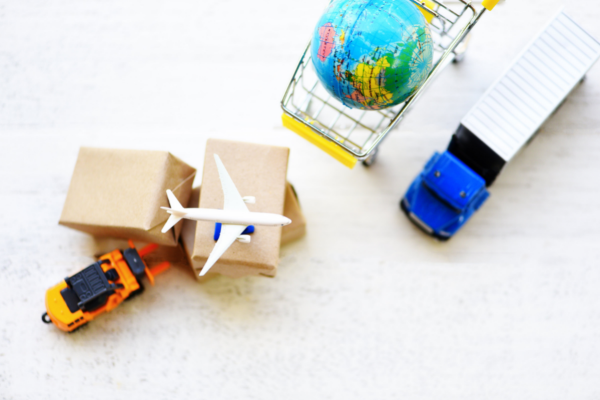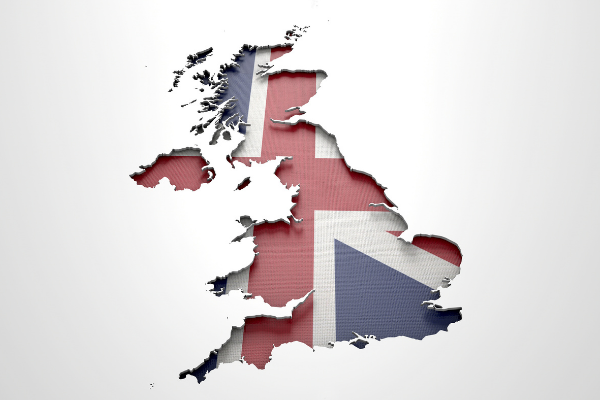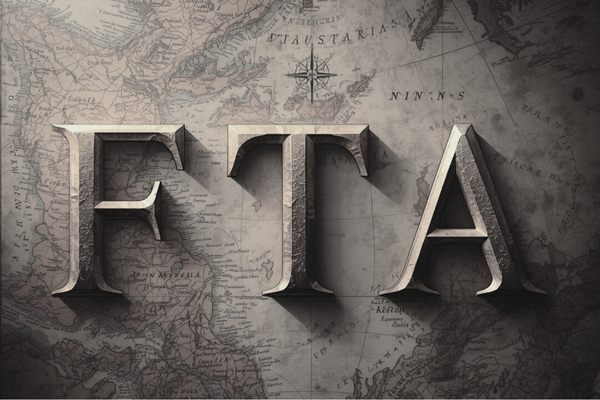BY:
SHARE:

In today's world, how often, as traders & consumers, do we stop to think about the processes our overseas purchases go through before arriving on our doorstep? We take it for granted that if we want to bring goods into our country from a supplier based in another country, we can.
Although, to some extent, Brexit highlighted the processes goods must go through at import, do we still know where customs duty derived from and why it exists?
On International Customs day, let's go back to the beginning and find out.
"Customs profession, one of the oldest trades (emerging immediately after the clerical, ruling and military professions) withstood many turbulences and assaults, but it persevered, survived and developed. The number of customs officers and customs houses reflects the greatness of a state. And there also lies the greatness of the customs profession."
These words end a text on his profession by Veljko Velikić, a customs officer from Vršac, published in the magazine "Carinik" (Customs Officer) in November 1926.
The Words
Customs
"Customs", as a word, originally comes from the Latin consuescere, a compound verb formed from the prefix com- and suescere meaning "become accustomed". This term passed into early Old French as costudne, which developed via costumne to custome.
Initially, the term "customs" meant any regular payments or dues of any kind (e.g. to the crown or church) but later became restricted as a term used for duties payable to the King on the import or export of goods.
Duty
The word "duty" comes from Anglo-Norman (13th Century) dueté, which was a derivative of Old French deu or "owed" (which, in itself, gives us the English word "due") which transferred into débitus in Latin. From débitus, we get the English words debt and debit. When linked to the tax owed to the crown or government for importing goods (or occasionally exporting) rather than sourcing them locally, we end up with the definition meaning it is a customary tax due.
In England, customs duties were typically part of the customary revenue of the King. They, therefore, did not need parliamentary consent to be levied, unlike excise duty, land tax, or other forms of taxes. This made them a popular source of income for the royal family.
Excise
The United Kingdom collects excise duties on selling tobacco, alcohol, biofuels and hydrocarbon oils. From a C15th Dutch word meaning tax derived via Old French acceis from Vulgar Latin accensum, a compound word formed from the Latin prefix ad = against/ to – and census = tax. From C19th, the words customs duty applied to imports, so excise was reserved for tax on the domestic sales of certain goods. By 1643 it was being used for a specific tax on certain imported and domestically produced goods, i.e. luxuries. 1755 in Dr Johnson's "Dictionary", he defined excise as "a hateful tax levied upon commodities and ajudged not by the common judges of property, but by wretches hired by those to whom excise is paid".
Tariff
The amount of tax due is published in a tariff. The word tariff appears to have originated from the Arabic ta'rifah, derivative of 'arrafa ", to make known". Around 1591/2, via the Latinised tariffa or "arithmetical table" or "list of prices", it came to mean "an official list of customs duties on imports or exports".
HMRC has clarified the meaning of the term "Customs Union" in the context of Great Britain and Northern Ireland in the UK Trade Tariff. These definitions clarify the unique position the UK finds itself in now that we have entered the post-Brexit era.
The term "Customs Union" is defined as follows:
Northern Ireland
For Northern Ireland Declarations and Customs Clearance Requests (CCRs), the Customs Union is defined as:
Northern Ireland and the Customs Territory of the EU, including EU Special Fiscal Territories and Territories with which the EU has formed a Customs Union.
Great Britain and Crown Dependencies
For Great Britain and Crown Dependencies Declarations and Customs Clearance Requests (CCRs), the Customs Union is defined as:
England, Scotland, Wales, Bailiwick of Guernsey, Bailiwick of Jersey and the Isle of Man
OneCall™ Email assistance as and when required; A one-call solution for all your import, export and customs enquiries. Export help. Import help. Customs help.
Stay informed about customs and international trade matters by subscribing to our OneCall™ service. This comprehensive offering includes a dedicated email helpline for support, timely practical updates direct to your inbox (Did You Know?), monthly UK Customs & Trade Briefings and access to an interactive members' area with an exclusive community for our subscribers.
International Trade Updates & Spotlight Newsletter
Subscribe to our free information emails covering international trade topics...
MORE INDUSTRY INSIGHTS...









